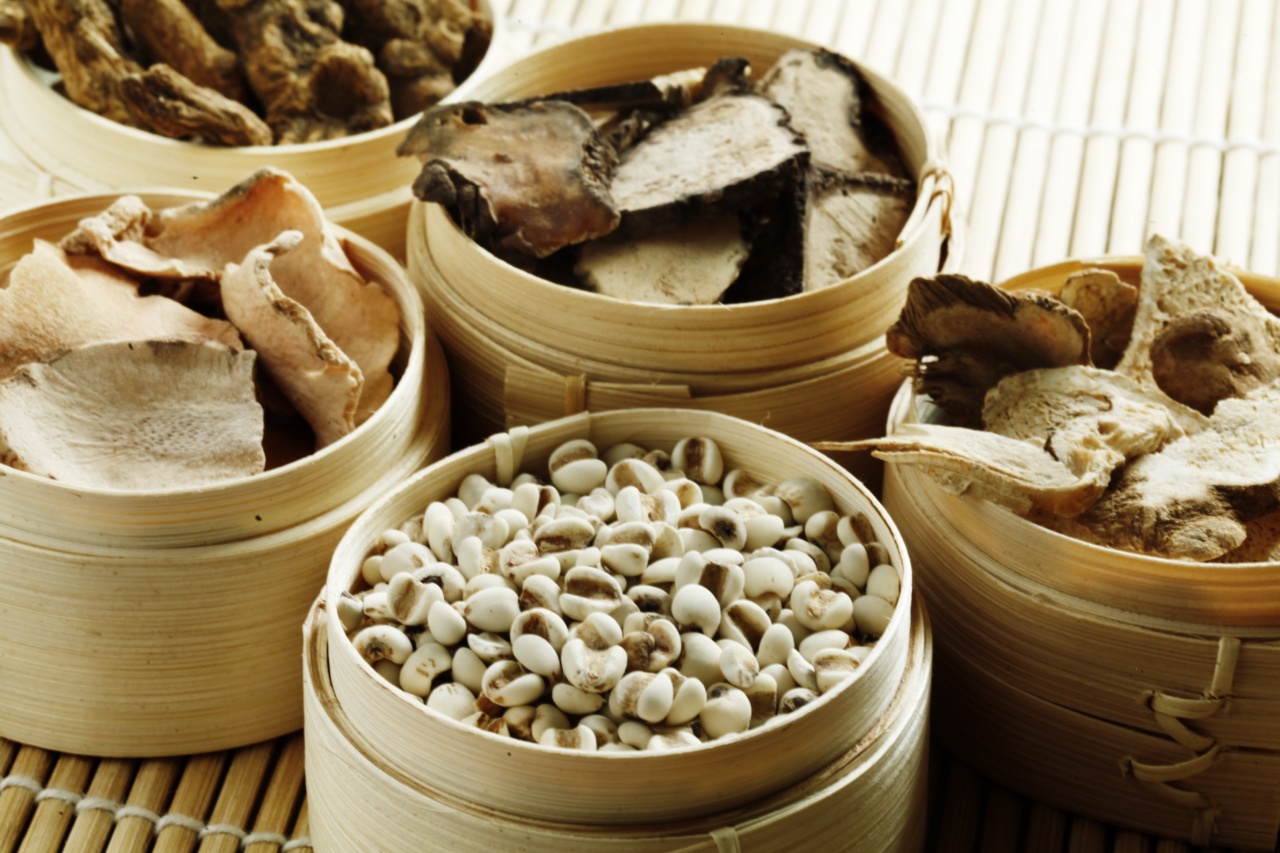Your body is exposed to toxins every day from the food you eat to the air you breathe. Your liver, kidneys, and other organs work hard to remove these toxins, but sometimes they can become overwhelmed, leading to health problems.
The ultimate detox diet involves removing toxins from your diet to give your body a chance to rest and recover. In this article, we’ll explore the benefits of a detox diet and provide some tips on how to get started.
Benefits of a Detox Diet
A detox diet can provide a range of benefits for your health and wellness, including:.
: Improved Digestion
When you remove processed foods, sugar, and other harmful substances from your diet, your digestion will improve.
You’ll experience less bloating, gas, and constipation, and your body will be better able to absorb nutrients from the foods you eat.
: Increased Energy
Eating a healthy, balanced diet can give you more energy and help you avoid slumps throughout the day.
: Weight Loss
Many detox diets can help you lose weight by reducing your calorie intake and increasing the amount of whole foods in your diet.
: Clearer Skin
Removing toxins from your diet can help reduce inflammation and improve the appearance of your skin. You may notice fewer breakouts and a brighter, smoother complexion.
What to Avoid on a Detox Diet
During a detox diet, it’s important to avoid certain types of foods to give your body a chance to rest and recover. Here are some of the foods to avoid:.
: Sugar
Sugar is a major contributor to inflammation in the body and can lead to a range of health problems. Avoid processed sugars, as well as natural sources like honey, maple syrup, and agave nectar.
: Processed Foods
Processed foods are often loaded with preservatives, chemicals, and other harmful substances. Stick to whole, natural foods as much as possible.
: Alcohol
Alcohol can be hard on the liver and can contribute to inflammation in the body. Avoid alcohol during your detox.
: Caffeine
Caffeine can disrupt your sleep and contribute to anxiety. Avoid coffee, tea, and other caffeinated beverages during your detox.
What to Eat on a Detox Diet
During a detox diet, it’s important to eat a balanced, healthy diet that’s rich in whole foods. Here are some foods to include in your diet:.
: Whole Grains
Whole grains like brown rice, quinoa, and oats are rich in fiber and other nutrients that promote healthy digestion.
: Fruits and Vegetables
Eating a variety of fruits and vegetables will provide a range of vitamins, minerals, and antioxidants that support overall health.
: Lean Protein
Choose lean sources of protein like chicken, fish, and tofu to support muscle growth and repair.
: Healthy Fats
Include healthy fats like avocado, nuts, and seeds in your diet to provide energy and support brain health.
Other Detox Practices
In addition to removing toxins from your diet, there are other practices you can incorporate into your daily routine to support detoxification:.
: Drink Plenty of Water
Drinking at least eight glasses of water a day can help flush toxins from your body and support healthy digestion.
: Get Plenty of Sleep
Adequate sleep is essential for allowing your body to rest and repair. Aim for at least seven hours of sleep per night.
: Exercise
Exercise supports healthy blood flow and can help flush toxins from your body. Aim for at least 30 minutes of moderate exercise per day.
: Meditate
Meditation can help reduce stress and promote a sense of calm and relaxation, which can support overall health.
The Bottom Line
A detox diet can provide a range of benefits for your health and wellness.
By removing toxins from your diet and supporting overall health with healthy food choices and other practices, you can improve digestion, increase energy, and promote overall wellbeing.




























